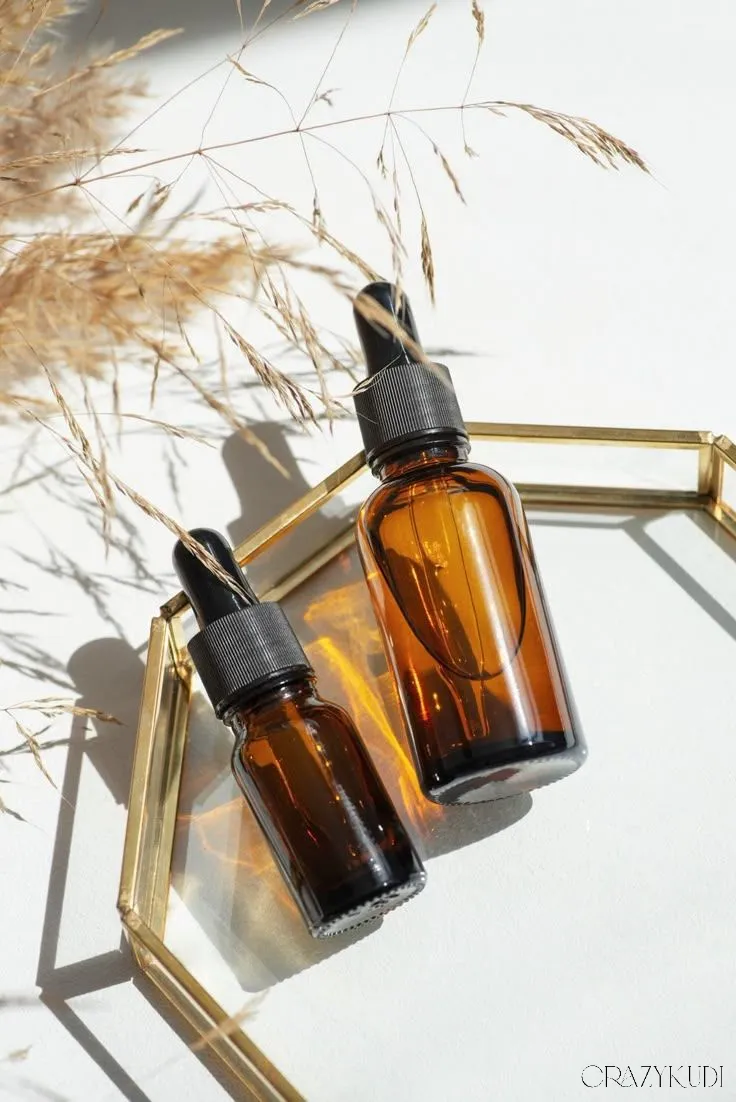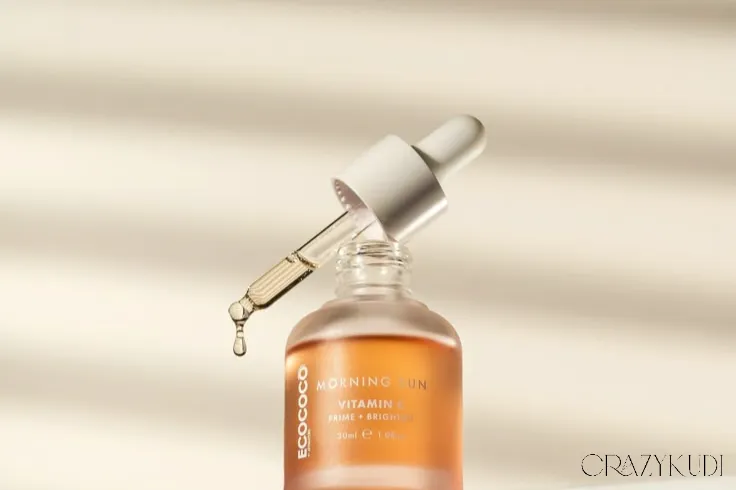Acne is a common skin condition that affects millions of people worldwide, leaving behind not only physical marks but emotional ones as well. While managing active acne can be a challenge, dealing with the aftermath—acne scars—can feel even more frustrating. Fortunately, there are many skincare ingredients that can help with both acne and acne scars. One such ingredient, hyaluronic acid, is often misunderstood in acne treatments but can play a crucial role in healing and improving skin texture. In this expert guide, we’ll explore the benefits of hyaluronic acid for acne and acne scars and how it can help you achieve healthier, clearer skin.
What is Hyaluronic Acid?
Hyaluronic acid (HA) is a naturally occurring substance in the skin that plays a crucial role in keeping the skin hydrated and plump. It’s a humectant, meaning it draws moisture from the air and binds it to the skin, keeping it hydrated and supple. With its ability to retain up to 1000 times its weight in water, hyaluronic acid is often used in a variety of skincare products to promote skin hydration and elasticity.
While it is well-known for its anti-aging and hydrating benefits, hyaluronic acid is also a great ally for acne-prone and scarred skin. Let’s break down how this powerhouse ingredient can benefit those dealing with acne and the scars it leaves behind.
1. Hydration Without Clogging Pores
One of the most common misconceptions about acne-prone skin is that it shouldn’t be moisturized. In reality, keeping the skin hydrated is crucial to maintaining a balanced complexion and preventing future breakouts. Dehydration can cause the skin to overproduce oil, which can clog pores and contribute to acne.
Hyaluronic acid provides the perfect solution for acne-prone skin—it hydrates without clogging pores. By attracting moisture and locking it in, hyaluronic acid helps maintain the skin’s moisture barrier, which is vital for preventing breakouts. It’s also lightweight, so it won’t feel heavy or greasy on oily skin.
- How to use it: Look for serums or moisturizers with hyaluronic acid that are non-comedogenic (won’t clog pores). Apply it to damp skin for maximum hydration.
2. Reduces Inflammation and Irritation
Acne, especially cystic acne, can lead to inflammation and irritation of the skin. This can make the skin feel tight, sore, and sensitive. Hyaluronic acid, due to its anti-inflammatory properties, helps calm down irritated skin. It promotes healing and can reduce redness and swelling associated with active acne.
For individuals with sensitive skin that is prone to acne flare-ups, hyaluronic acid is a gentle, effective ingredient that hydrates and soothes without causing further irritation. Its soothing effects can be particularly beneficial when used alongside acne treatments that may be drying or harsh.
- How to use it: To help soothe irritation, use a hyaluronic acid serum after applying acne treatment products (like benzoyl peroxide or salicylic acid), which can sometimes cause dryness or inflammation.
Also read: Vitamins That Are Essential for Healthy, Glowing Skin
3. Helps in the Healing of Acne Scars
One of the most challenging aspects of acne is the scarring it leaves behind. While hyaluronic acid is not a miracle cure for deep scars, it plays an important role in healing and improving the appearance of post-acne marks. Its ability to boost hydration and encourage tissue regeneration can help smooth out skin texture, making scars look less noticeable over time.
When applied to the skin, hyaluronic acid aids in cell turnover, the process by which the skin sheds dead cells and generates new ones. This regeneration helps fade the appearance of acne scars, especially when combined with other scar-reducing ingredients such as retinoids, vitamin C, and alpha hydroxy acids (AHAs).
- How to use it: Apply a hyaluronic acid serum or cream to the affected areas once or twice a day. Make sure to use sunscreen during the day, as this will protect your skin while it regenerates.

4. Enhances the Effectiveness of Other Acne Treatments
When used in combination with other acne treatments, hyaluronic acid can enhance their effectiveness. For instance, treatments like retinoids, salicylic acid, and benzoyl peroxide can dry out the skin, leading to irritation. Hyaluronic acid helps counteract this dryness by boosting hydration and maintaining skin barrier function.
By using hyaluronic acid alongside your acne treatment regimen, you can keep your skin hydrated and balanced, preventing the over-drying that often accompanies acne treatments.
- How to use it: Layer a hyaluronic acid serum beneath acne treatments. After cleansing and applying any acne medication, apply hyaluronic acid to lock in moisture.
5. Suitable for All Skin Types, Including Sensitive Skin
Hyaluronic acid is suitable for all skin types, including sensitive and acne-prone skin. Its gentle, non-irritating properties make it ideal for those with skin that reacts to stronger acne treatments or harsh ingredients. Additionally, hyaluronic acid is free from fragrances, parabens, and alcohol, which can trigger allergic reactions or sensitivities in some individuals.
Whether your skin is oily, dry, or a combination, hyaluronic acid can benefit your complexion without causing flare-ups or irritation.
- How to use it: Apply a non-comedogenic hyaluronic acid serum that is tailored to your skin type. For dry skin, a richer formula may be preferred, while oily skin types can opt for lighter formulations.
Also read: Actives and Acids for Hyperpigmentation: How to Fade Dark Spots Effectively
Conclusion
Hyaluronic acid is a versatile and beneficial ingredient for anyone dealing with acne and acne scars. Its ability to hydrate, soothe inflammation, accelerate healing, and enhance the effectiveness of other treatments makes it an essential part of any acne skincare routine. Whether you have active breakouts, sensitive skin, or scarring, hyaluronic acid can help restore balance and promote clearer, smoother skin.
To get the most out of hyaluronic acid, incorporate it into your daily skincare routine by applying it after cleansing and before any heavy creams or sunscreens. If you're also using acne treatment products, hyaluronic acid will ensure your skin stays hydrated and healthy, without compromising the results of your acne treatments.
With consistent use, hyaluronic acid can be the secret ingredient that helps you achieve not just clearer skin but a healthier, more youthful-looking complexion.

